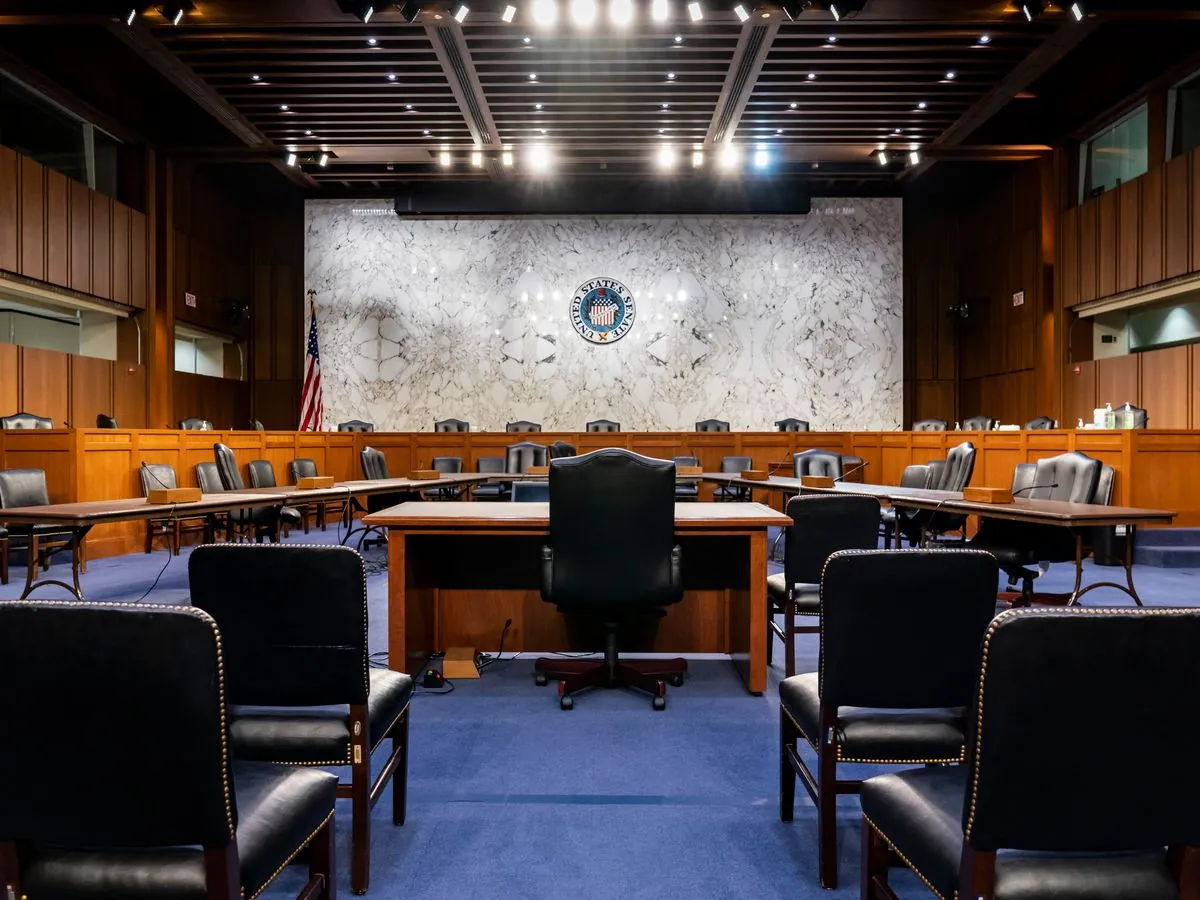On September 17, 2024, a Senate Judiciary Committee hearing on hate crimes in America took an unexpected turn, highlighting the very issues it aimed to address. The session, titled "A Threat to Justice Everywhere: Stemming the Tide of Hate Crimes in America," featured testimony from Maya Berry, Executive Director of the Arab American Institute.
Berry presented data showing a 7% overall increase in hate crimes from 2022 to 2023, with significant spikes of 73% and 58% against Arabs and Jews, respectively. These statistics underscore the growing concern about hate-motivated incidents in the United States, a trend that has been monitored by the FBI since 1990.
During the hearing, Senator John Neely Kennedy of Louisiana engaged in a controversial line of questioning directed at Berry. The exchange began with Kennedy asking if Berry supported Hamas, a group founded in 1987 and designated as a terrorist organization by several countries. Berry repeatedly denied supporting Hamas, Hezbollah, or Iran, emphasizing that such assumptions about Arab Americans contribute to the hate crime problem.
"Senator, oddly enough, I'm going to say thank you for that question, because it demonstrates the purpose of our hearing today in a very effective way."
The incident drew attention to the challenges faced by Arab Americans, whose population in the U.S. is estimated at 3.7 million. It also highlighted the importance of the work done by organizations like the Arab American Institute, founded in 1985, in advocating for civil rights and combating stereotypes.
Kennedy's questioning touched on the recent controversy surrounding the United Nations Relief and Works Agency (UNRWA), established in 1949 to aid Palestinian refugees. The U.S. had suspended funding to UNRWA in January 2024 following allegations of employee involvement in the October 7, 2023 attacks. However, an independent review in April 2024 found insufficient evidence to support these claims.
The exchange culminated in Kennedy suggesting that Berry should "hide your head in a bag," a comment that drew gasps from the audience and underscored the tension in the room.
The incident at the hearing reflects broader issues in American society, including the rise of hate crimes and the challenges of addressing them effectively. The Matthew Shepard and James Byrd Jr. Hate Crimes Prevention Act, passed in 2009, represents one of the legislative efforts to combat this problem, but the recent statistics presented by Berry indicate that more work needs to be done.
Berry, who co-chairs the Leadership Conference of Civil and Human Rights hate crimes task force, emphasized the need for a "whole-of-society approach" to combat hate targeting all communities. This aligns with the goals of organizations like the Bard Center for the Study of Hate, established in 2018, which aims to understand and address the root causes of hate in society.
The hearing, which also included testimony from representatives of the National Jewish Advocacy Center and the Bard Center for the Study of Hate, was intended to inform policy responses to combat all forms of hate. However, the focus on foreign policy issues during Kennedy's questioning diverted attention from the core topic of domestic hate crimes.
As the U.S. Department of Justice's Civil Rights Division continues its work on hate crime cases, incidents like this Senate hearing serve as a reminder of the complex challenges facing policymakers and civil rights advocates in addressing hate and discrimination in America.
